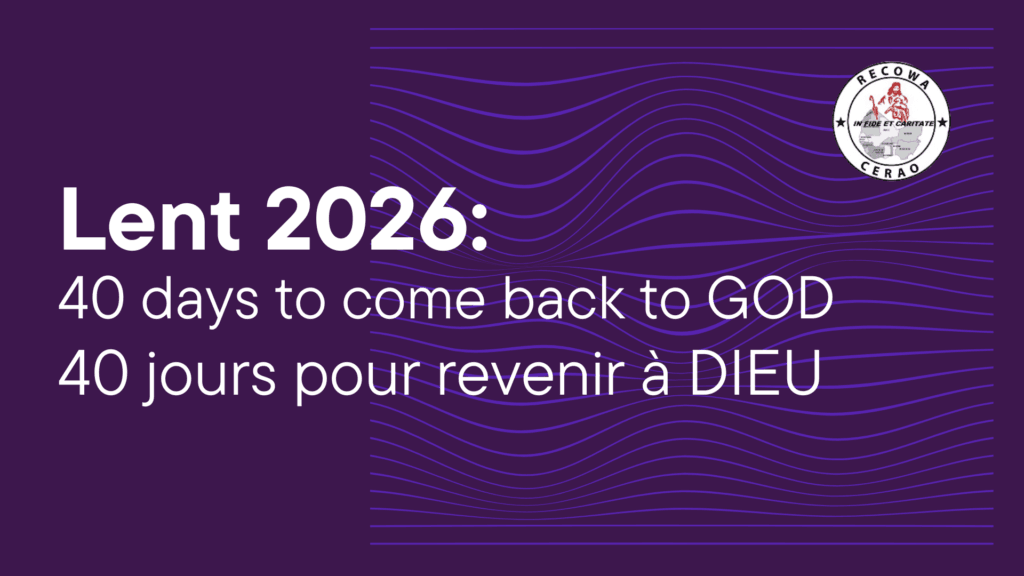Diocesan Priests in Nigeria have been Caution against Artificial Intelligence’s “potential to distance us from one another”. Artificial Intelligence (AI), the technology that enables gadgets to simulate human faculties facilitating learning, comprehension, solving of challenges, decision making, and another possibility with creativity has the potential of negatively affecting interpersonal communication and relationships, members of the Nigeria Catholic Diocesan Priests’ Association (NCDPA) hare warned.
In a statement issued at the end of their 37th Annual General Meeting (AGM) held at St. Patrick’s West-End, Asaba Parish of Nigeria’s Catholic Diocese of Issele-Uku, NCDPA members express their awareness of AI advantages and advocate for a balanced approach to contemporary technology so that “human connection” is fostered.
While AI has transformed various human capabilities, including speech production for persons living with disabilities, image generation, and architectural design, the advancement also presents a challenge to “human togetherness, rooted in our social nature,” they say
“The association recognizes the benefits of AI, but also acknowledges its potential to distance us from one another,” NCDPA members say, and add, “We must balance Al’s advantages with safeguarding our inherent need for human connection.”
In the statement following their October 21-25 AGM that was realized under the theme, “Sustaining the Philosophy of Togetherness for the Common Good in the Era of Artificial Intelligence and Season of Hope,” Diocesan Priests in Nigeria underscore the need to foster meaningful interpersonal connections.
They caution against the temptation to overlook the divine, saying, “Our life and hope are meaningless without God amidst technological innovations.”
The Catholic Priests encourage engaging AI in the mission of the Church, especially for “evangelization and catechetical works.”
AI can support faith formation, they say, and maintain that ongoing religious education should guide the faithful in using AI in ways that respect “God’s overriding powers.”
For clergy members with a social media presence, NCDPA members encourage the fostering of the role of “spiritual leaders” rather than “social influencers.”
Catholic Priests involved in digital content creation should conduct themselves in ways that reflect the identity and dignity of the Priesthood, upholding the “rights and privacy of every human person,” they say.
In a statement dated October 24, Diocesan Priests in Africa’s most populous nation resolved to prioritize face-to-face interactions in this digital era and noted, “Exploring the virtual world should not isolate us from physical and social warmth.”
They warn against what they describe as the “excessive and unethical use” of AI, which they say has the potential to erode “human dignity, originality, and ingenuity.”
In the statement that their national President, Fr. John Bosco Ezehi, and their national Secretary, Fr. Vincent Illah Iko, cosigned, NCDPA members advocate for synergy between the Church and State to “enhance digital literacy.”
Such partnerships, which they say are necessary for achieving a balance between technological advancement and moral responsibility, could explore the ethical use of AI.
In their statement, Diocesan Priests in Nigeria express their readiness to participate in the Church’s 2025 Jubilee Year to be officially launched on the eve of Christmas 2024 under the theme, “Pilgrims of Hope”, which Pope Francis explains in the Bull of Indiction he delivered on May 9, “Spes non-confounded” (Hope does not disappoint).
NCDPA members say they are committed to fostering “the Spirit of solidarity and togetherness” amidst the challenges of the digital age.
- CATHOLIC ARCHBISHOP IN GHANA HAILS POPE LEO XIV AS GOD’S GIFT - 23 mai 2025
- POPE LEO XIV TO APPROVE CANONIZATIONS - 22 mai 2025
- THE EVOLUTION OF PAPAL TRANSPORTATION - 20 mai 2025







